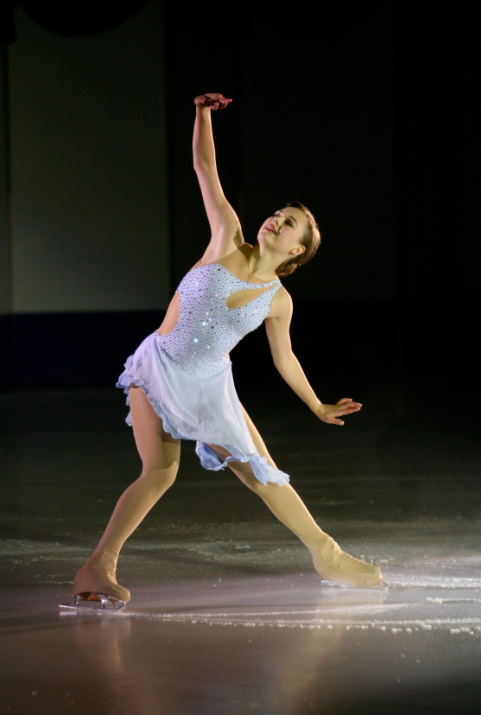“Well, I’d rather have an over-eating disorder than an under-eating disorder.”
She said, “You don’t mean that,” to which I replied, “Yes, I do. I’ve already had an under-eating one.”
Without missing a beat, she responded, “No, you haven’t.”
I paused, but before I knew it, the words were out of my mouth. “Yes, I have. I’ve been throwing up since the seventh grade.”
This is how Paulina Pinsky daughter of famed addiction specialist Dr. Drew Pinsky told her mother Susan that she had been suffering with and from an eating disorder since 7th grade. Now 21 and a college student at Barnard Paulina shares the experience of confessing to her mother and her journey to recovery through treatment. The Article was featured on Huff Post College:
What Happened When I Told My Mom I Had An Eating Disorder
We were driving back from a family dinner at a posh Los Angeles restaurant, the kind whose clientele doesn’t dare to touch the bread baskets. My mother could not stop blabbing about the owners of her gym, because that’s what you do when your daughter is home from her first year of college: “One time I went to dinner with them and they both ate steak and one order of French fries. But they still look amazing. But they split the fries…” I felt like I couldn’t even hear her. My ability to listen to my mother talk about her gym owners had disappeared when I had hit rock-bottom four months prior and had put myself into therapy. Purging eight times in one day to cope with the emotional stress of being home during spring break had finally scared me enough to take action. And here I was again, stuck in a car with her.
Without even thinking, the words erupted from my mouth.
“Well, I’d rather have an over-eating disorder than an under-eating disorder.”
She said, “You don’t mean that,” to which I replied, “Yes, I do. I’ve already had an under-eating one.”
Without missing a beat, she responded, “No, you haven’t.”
I paused, but before I knew it, the words were out of my mouth. “Yes, I have. I’ve been throwing up since the seventh grade.”
All of the air was sucked out of the space we both shared. This was not the way I wanted to tell her; this was not what I had planned. I had imagined a triumphant moment that involved eating a whole cake with my hands without breaking eye contact and saying, “YES, I HAVE BEEN A BULIMIC AND ANOREXIC FOR SEVEN YEARS. BUT NOW I AM BETTER. I AM EATING THIS CAKE BECAUSE I WANT IT AND I’M HUNGRY. AND GODDAMN IT TASTES GOOD.” But the words flew out of my mouth before I had a chance to take them back. The following moment was the longest and most painful silence of my life; I felt like my stomach was going to fall out and that I was going to projectile-vomit onto the windshield. After a silence that lasted far too long, she responded.
“Well, get your teeth checked.”
My mother was not the only one demanding perfection from me. I was the pretty blonde girl who was a cheerleader and an ice skater. I got good grades, had a boyfriend and was thin: I was living the life everyone had always told me I should want for myself. But I was suffering under the weight of “perfection” in a way that even I didn’t completely understand.

I’m not the only woman who has suffered, though. Women are supposed to be small. As I watched my football-playing brothers stuff themselves with spaghetti carbonara, steak and hot fudge sundaes, I would pick at my salad, as my mother did the same. It wasn’t just me who had been affected by society’s demands for my body. It was my mother and her mother before her.
Continue after the JUMP












